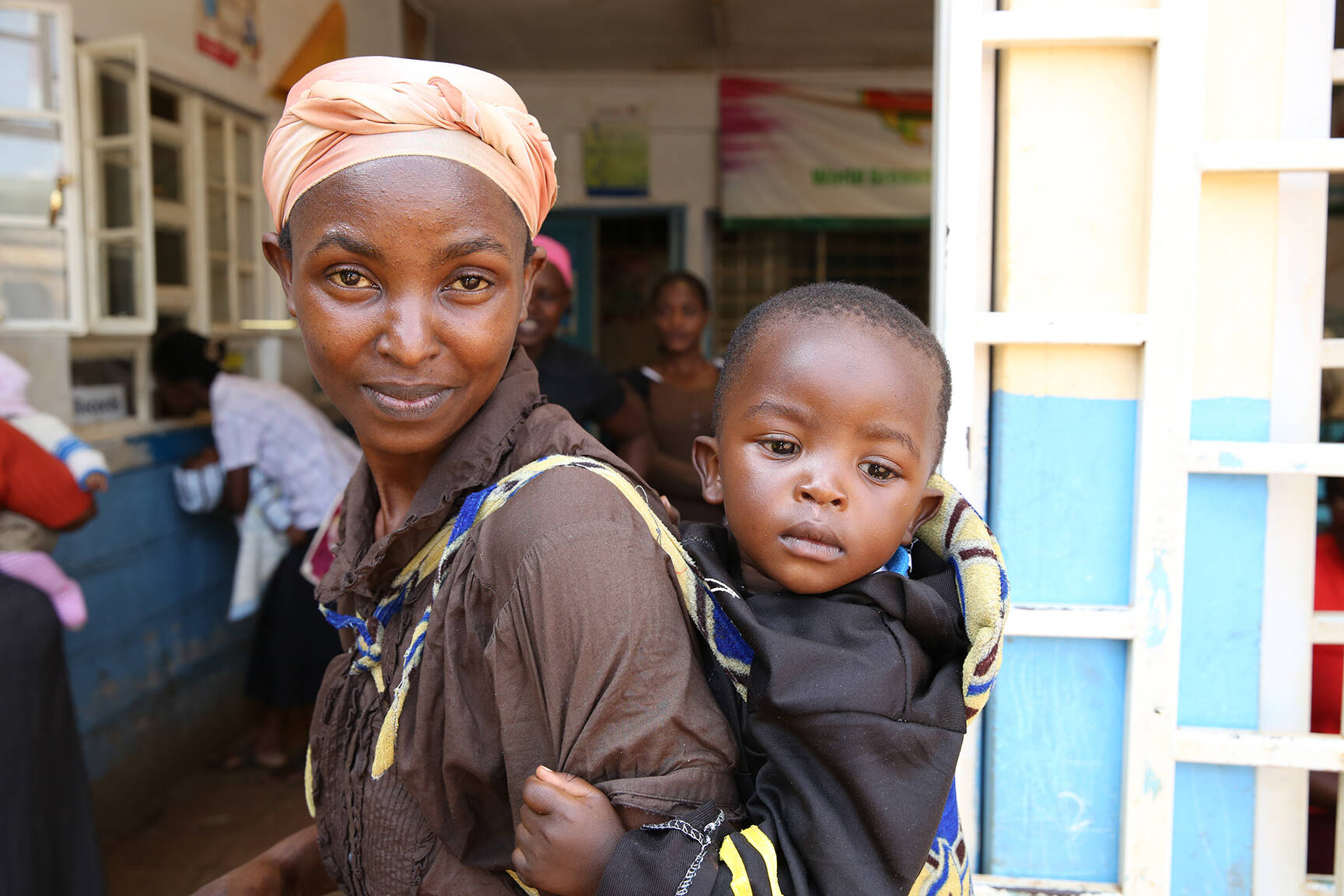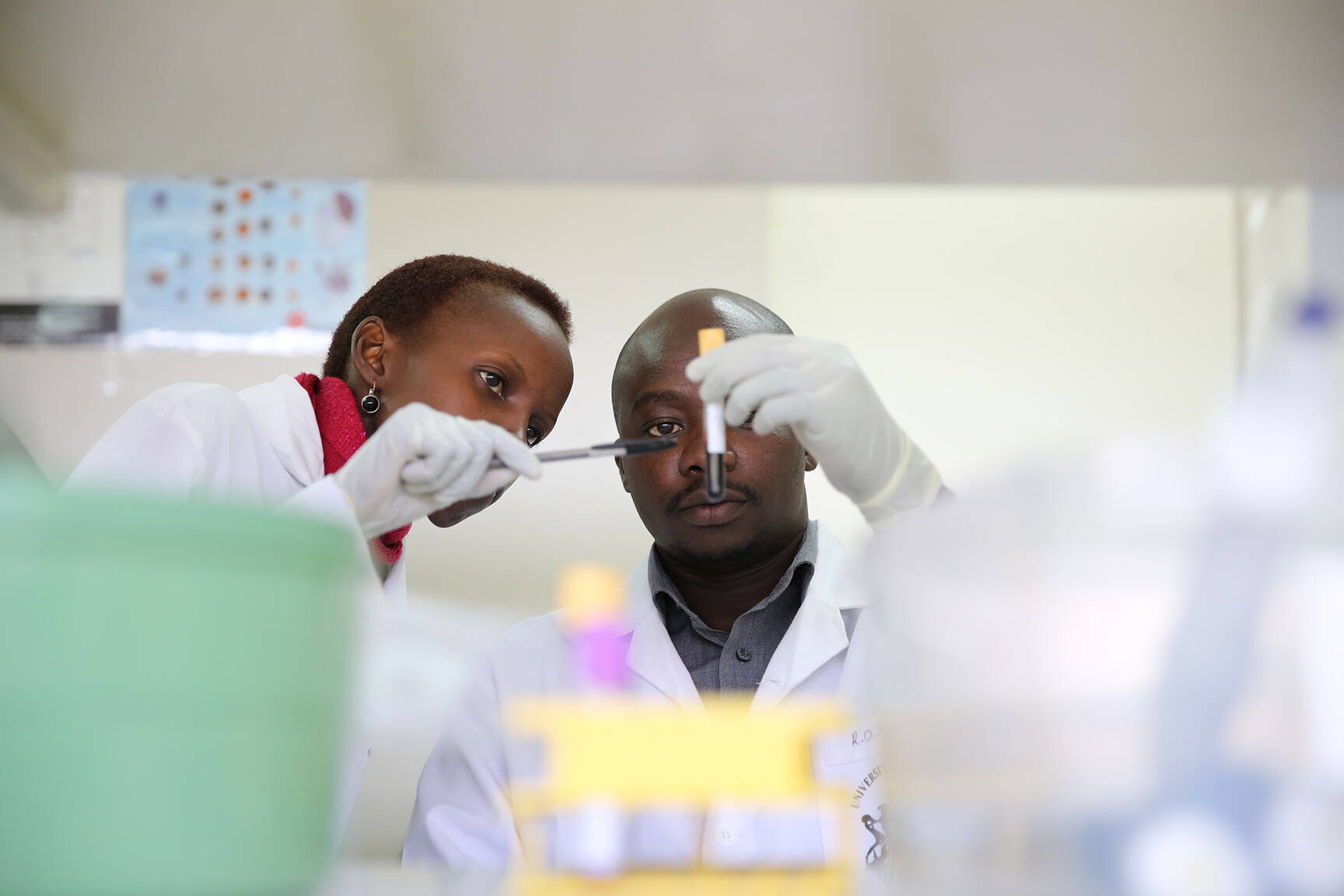
scroll down
The findings suggest that, despite antiretroviral therapy, transplacental transfer of antibodies is impaired in women living with HIV. The immune system of infants seems not to be affected, as responses to common vaccines were similar in both groups.
The study’s findings provide insights into the particular vulnerabilities of HIV-exposed infants. In addition, an analysis of factors affecting retention in care will help to refine the design of care programmes for HIV-positive mothers and their children.
In terms of impacts on offspring, no differences in growth were seen in the two groups of infants. However, infants exposed to HIV had higher rates of health issues of any type and experienced more lower respiratory tract infections, suggesting that, even when mothers are receiving antiretroviral therapy, infants of HIV-positive mothers remain a particularly vulnerable group.
To explore reasons for this vulnerability, the study examined transfer of antibodies across the placenta, an important mechanism by which infants are protected against infection early in life. HIV-exposed infants showed abnormalities in IgG class antibodies, particularly low levels of IgG2 antibodies. In particular, they showed reduced levels of antibodies against a pneumococcal antigen, suggesting vulnerability to Streptococcus pneumoniae infections at an age when protection is largely mediated by maternal antibodies.
This Italian PSIA, carried out in Malawi, enrolled two cohorts – a group of HIV-positive mothers and their children and a control group of HIV-negative mothers and their children – and followed them for 12 months after delivery. At 12 months, 85% of HIV-positive mothers enrolled were still enrolled in the programme (and 40% of those lost had transferred to another health facility), indicating good adherence.
Programmes for prevention of mother-to-child transmission of HIV are helping to minimise the numbers of infants living with HIV. However, both mothers and children remain vulnerable groups and it is important that they are retained in care. In addition, there may still be health risks for infants that are exposed to HIV, even if they are not actually infected.
A Participating States-Initiated Activity (PSIA) funded by Italy is shedding light on the retention of HIV-positive mothers and their children in care, and on the transfer of maternal antibodies to offspring.

Retention in care
